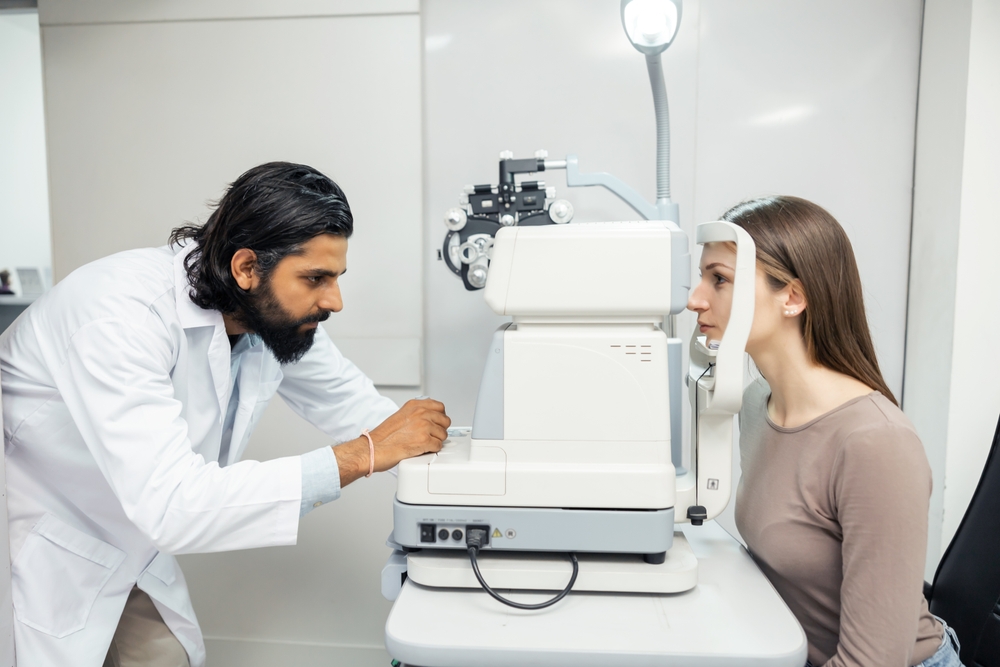
Low vision is a condition where a person’s eyesight cannot be corrected fully with glasses, contact lenses, surgery, or medication. It often affects daily activities like reading, driving, or recognizing faces, leading to challenges in maintaining independence and quality of life. Unlike total blindness, individuals with low vision still have some usable vision but require assistance to optimize it.
Common Causes of Low Vision
Low vision can result from various eye conditions and diseases, including:
• Age-Related Macular Degeneration (AMD): A leading cause of vision loss in older adults.
• Glaucoma: Damage to the optic nerve often caused by increased eye pressure.
• Diabetic Retinopathy: A complication of diabetes that damages the retina’s blood vessels.
• Cataracts: Clouding of the eye’s natural lens.
Recognizing the Signs and Symptoms of Low Vision
Signs of low vision may include:
• Difficulty reading small print or seeing objects clearly.
• Loss of central or peripheral vision.
• Trouble recognizing faces or seeing in low light.
• Increased sensitivity to glare.
• Difficulty performing day-to-day tasks like cooking, driving, or managing finances.
If you notice any of these symptoms, it’s important to schedule a comprehensive eye exam. Early diagnosis can help you find solutions to preserve your remaining vision and adapt to the challenges.
Innovations in Low Vision Technology
Low vision technology provides individuals with visual impairments powerful tools to enhance their independence and improve their quality of life. Electronic magnifiers, both portable and desktop-based, allow users to enlarge printed text, images, and objects with ease. These devices often include features like adjustable contrast, color filters, and text-to-speech functionality, making them adaptable to a wide range of visual needs. Whether reading a book, viewing labels, or examining photographs, electronic magnifiers make everyday tasks more accessible and manageable.
Screen readers are another invaluable tool that bridges the gap between visual impairment and digital accessibility. These
programs convert on-screen text into speech, allowing users to hear content read aloud. Popular software enables individuals to navigate computers, tablets, and smartphones with ease, supporting activities such as browsing the internet, reading emails, and using apps. Combined with features like screen magnification, these tools ensure that individuals with low vision can stay connected, work efficiently, and access information independently in an increasingly digital world.
How Advanced Eyecare Consultants Can Help
We offer comprehensive low vision evaluations to determine the best solutions tailored to your needs. Whether it’s prescribing specialized glasses, or recommending assistive technologies, we’re here to help you live more independently.
Don’t let low vision limit your life. Schedule a consultation with Advanced Eyecare Consultants to explore the latest innovations in low vision technology and find the best solutions for you. Visit our office in Libertyville or Lake Zurich, Illinois. Please call (847) 994-4500 or (847) 438-7700 to book an appointment today.








